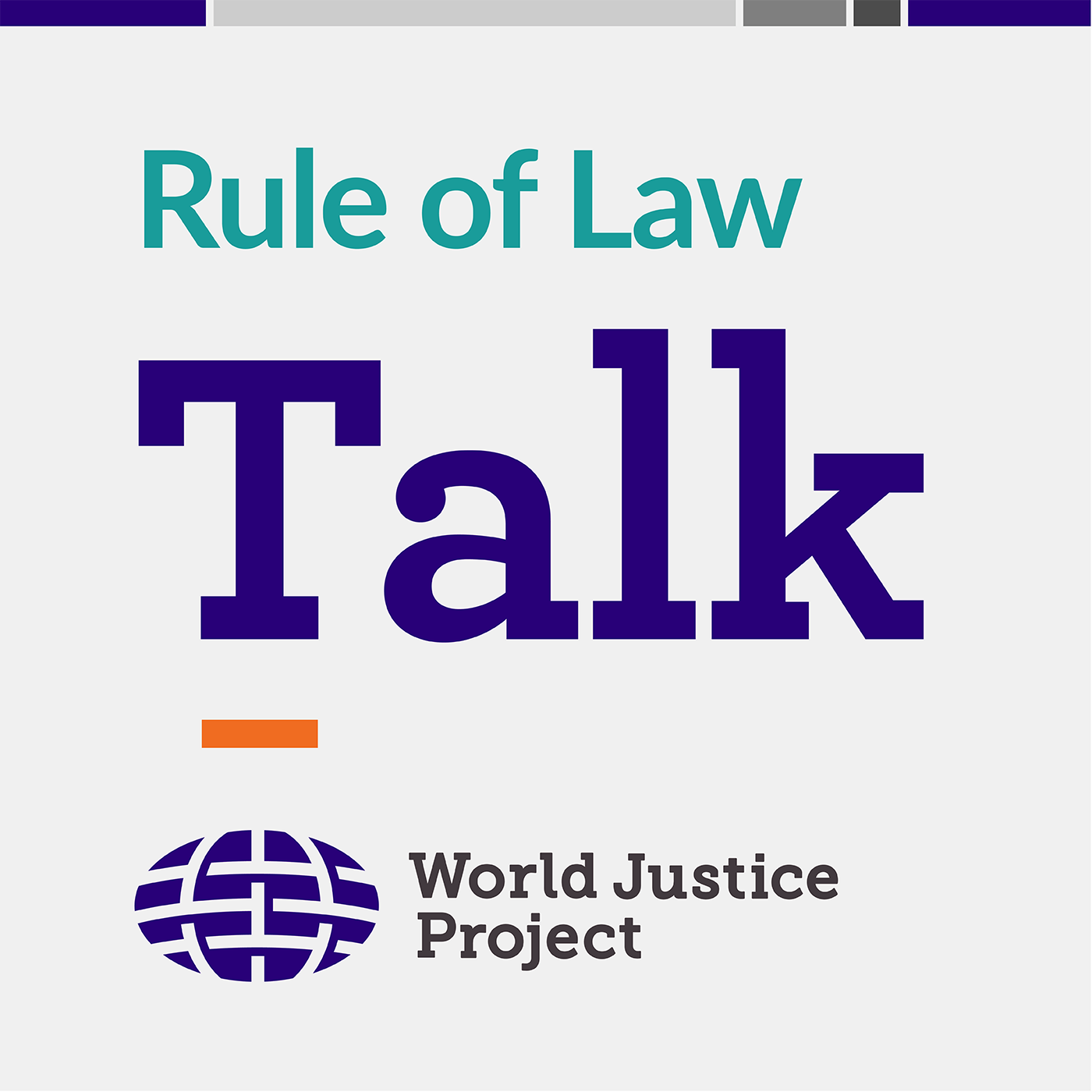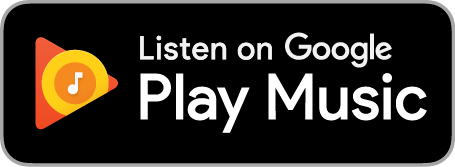Organizing to Survive: Building a Culture of Transparency with WeSolve Philippines
In this episode, Mellon/ACLS Public Fellow Joe Haley speaks with a team of implementers at WeSolve Philippines, a civil society organization working to build a culture of open data and transparent budgeting, starting with greater accountability for the expenditure of public funds on the response to COVID-19.
The COVID-19 pandemic has posed unprecedented challenges for both public health and the rule of law in the Philippines. According to a preliminary analysis conducted by the United Nations Office of Development Cooperation (UNODC), the Philippines was one of two countries in Southeast Asia where initial COVID-19 emergency support packages were implemented by a legislative act rather than an emergency decree. Initially, this support was limited to cash payments or grants intended to benefit individuals and small to medium sized enterprises. These packages were implemented by mayors and local procurement departments, enhancing the need for transparency at the local level. At the same time, a new act of parliament granted the President sweeping authority to "reallocate, realign, and reprogram” more than half the national budget. This law, the Bayanihan to Heal as One Act, provides for emergency cash subsidies to eighteen million low-income households, as well as cash reimbursements for frontline healthcare workers who fall seriously ill or die while fighting the pandemic. At the same time, it directs a variety of private entities to operate as quarantine locations or provide other operational support to the public health response, tasking them to submit a full accounting to the federal government for reimbursement. It also expedites procurement for critical public health expenditures, exempting certain purchases of medical supplies and support infrastructure from the legislative framework, known as the Government Procurement Reform Act, that would ordinarily regulate such direct purchases.
How can there be effective oversight with so much taxpayer money flowing into separate local government units? Conversely, how can the national budget better reflect local realities – for example, the sizable number of rural children who are born at home, and whose families therefore struggle to qualify for government support?
In this episode, Mellon/ACLS Public Fellow Joe Haley speaks with a team of implementers at WeSolve Philippines, a civil society organization working to build a culture of open data and transparent budgeting, starting with greater accountability for the expenditure of public funds on the response to COVID-19. The World Justice Project recently recognized WeSolve for their work on the Citizens Budget Tracker, a collaborative effort to monitor government spending on the response to COVID-19. The Citizens’ Budget Tracker received an honorable mention in the 2021 World Justice Challenge, a global competition to identify, recognize, and promote good practices and high-impact projects and policies to protect and advance areas of the rule of law most affected by the pandemic.
You can learn more about the World Justice Challenge and connect with the finalists by visiting our community forum.
We also discuss a more recent initiative, the Every Filipino Should Count project, which aims to fund the delayed birth registration of undocumented Filipinos from low-income households; to streamline birth registration requirements in local government units; to increase awareness of the importance of birth registration; and to lobby more effective, inclusive and responsive civil registration policies both at the national and local levels.
As self-described “movement makers,” the team at WeSolve is working to build coalitions that include a variety of stakeholders across government and civil society to empower the people of the Philippines to live with dignity, liberty, and hope.
Participants:
- Ken Abante, Co-Head of Practice at WeSolve Philippines
- Jesha Villasis, Senior Associate for the Birth Registration Initiative at WeSolve Philippines
- Leo Camacho, Legal Consultant for the COVID Budget Tracker
- Joe Haley, Mellon/ACLS Public Fellow at the World Justice Project






